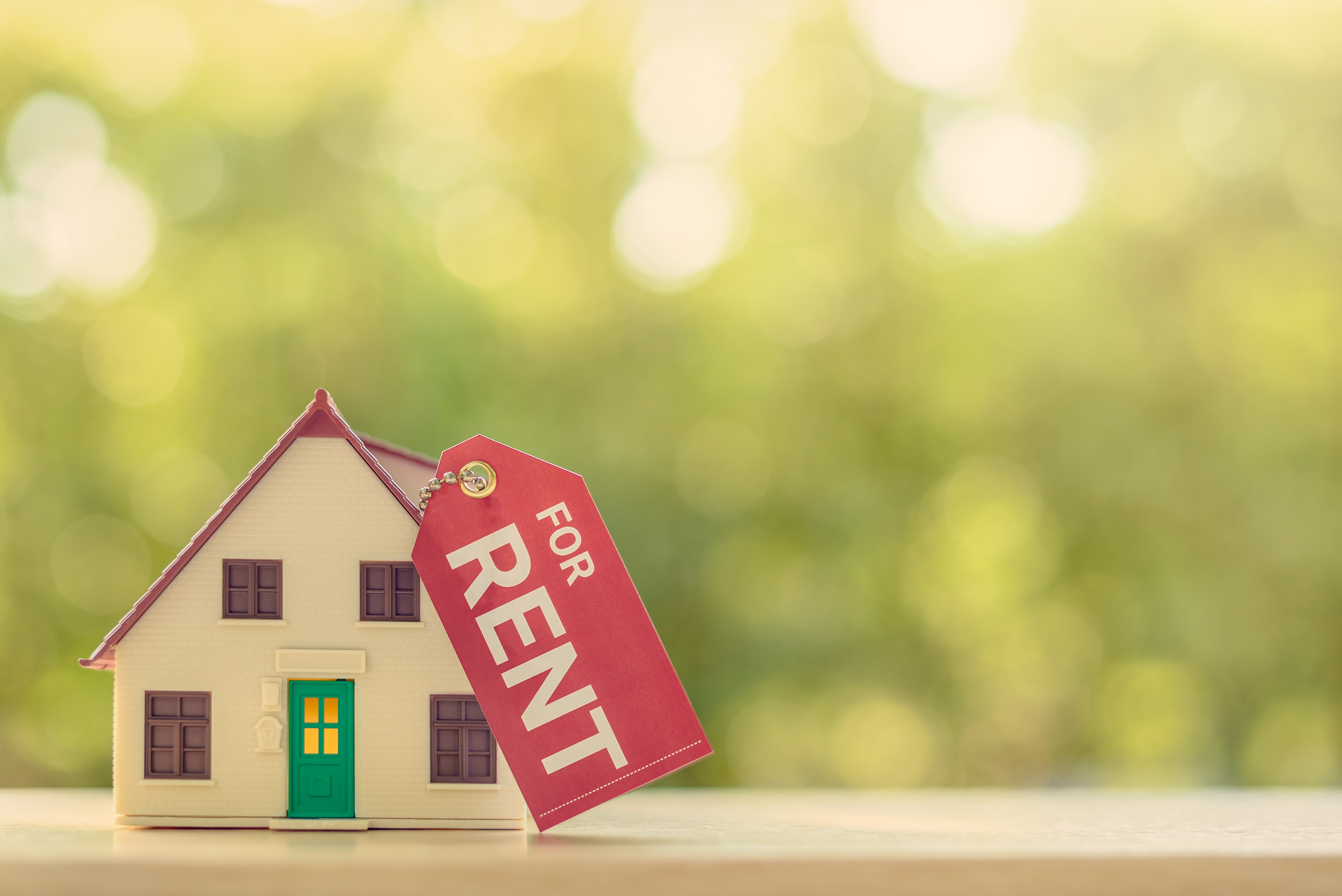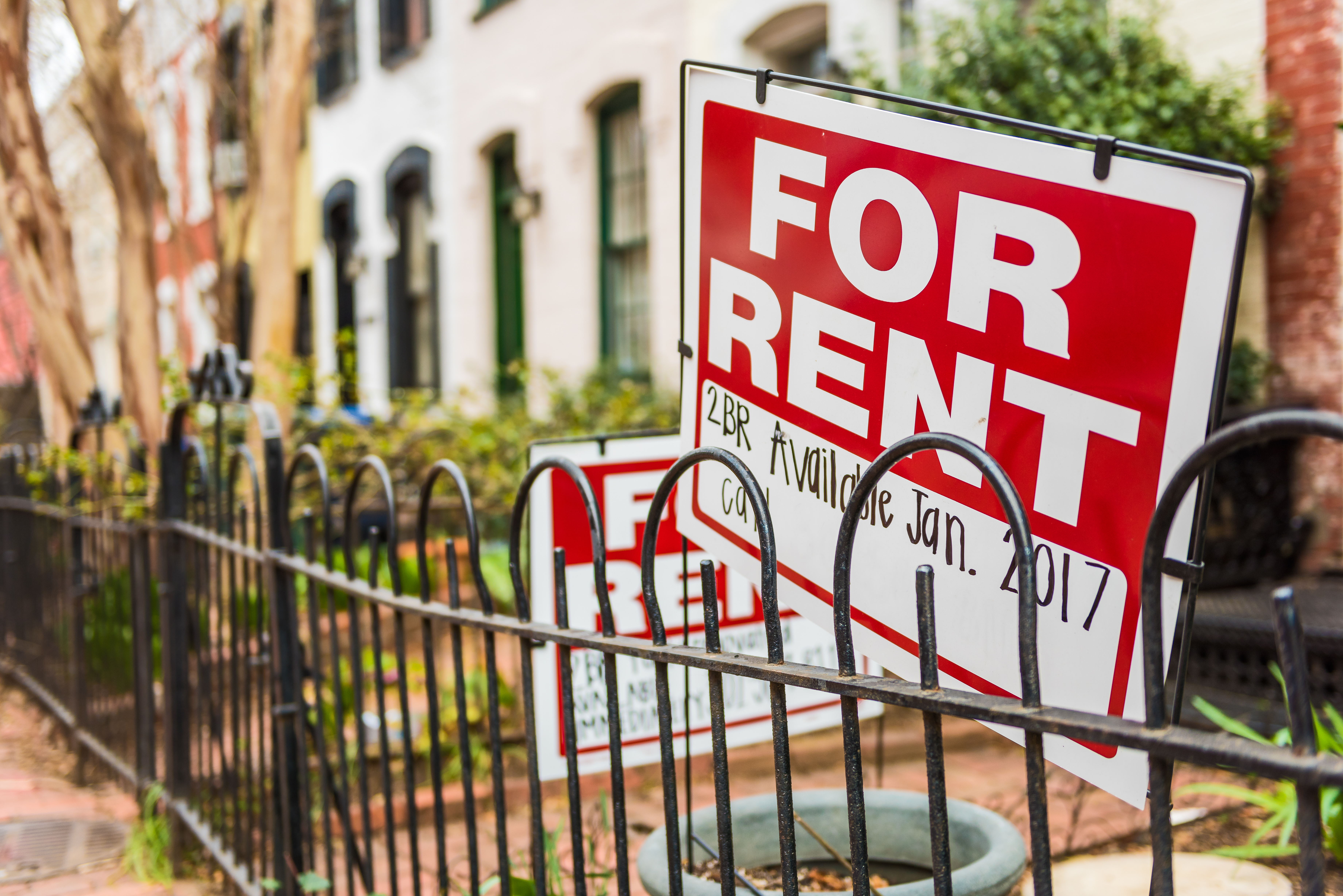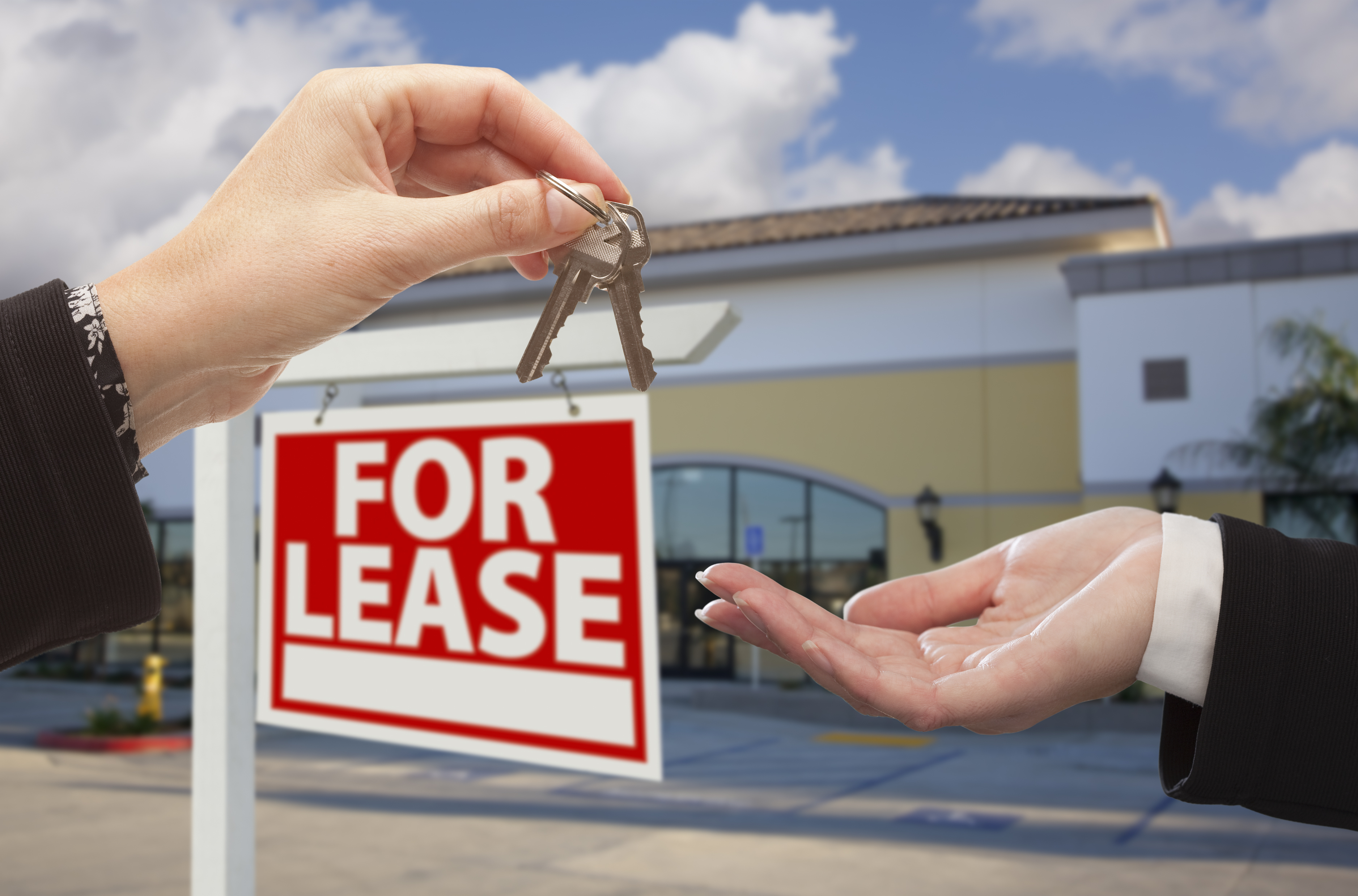Maximise Profit on Your Rental Property with these 10 Tips

Investing in residential property and renting it out is one of the best ways to obtain income – especially in a city like Dubai where more and more of the population are choosing to rent instead of buy homes.
And with the whole point of owning a rental property being to make as much money as possible, it’s only understandable that you’d want to know how to maximise your profit.
In this article, we look at 10 ways you can increase income from your rental property:
1. Look after the property
You can’t raise your rent price if the property is in shambles. In fact, you’ll struggle to get anyone to move into a place that is in dire need of TLC. That is why our number one tip is that you need to keep your rental property in good condition.
Remember, your rental property is an investment – not an expense. It might cost you money to maintain, but it always pays off in the long run.
As a landlord, you should be doing preventative maintenance to ensure that the property is always in good condition. Here are a few ways to maintain your property:
- HVAC units are possibly the most single important thing to have in any building – especially your home. Make sure to change the air filter frequently to extend the life of the HVAC unit, lower energy bills and prevent fewer repairs that could end up being more costly.
- Replace old flooring and appliances with new ones to upgrade the look and value of the property, as well as to provide a reason to increase the rent price.
- Fix anything that needs to be repaired right away – especially leaks. Waiting will only make the problem worse, as it could spread and increase the cost of the repair.
The number one reason landlords keep part of a tenant’s security deposit is due to property damage. Believe it or not, keeping your property in good shape will influence and encourage your tenants to do the same, which in turn will reduce expensive tenant-turnover costs for cleaning and damage.
Finally, by maintaining your property you’ll minimise risk to your tenants and rental premises. Ensuring that the property is up to code and that there are no dangers in and around the home will reduce the risk of injury and lawsuits – which could end up costing you a lot of money.
2. Update your rent price as needed
The quickest way to maximise your profit is to increase the rent price. However, you need to make sure that your asking price is fair and worth the amount you’re charging. In other words, your rent price should make sense in your rental market.
We advise researching what similar units in your neighborhood are listed for and using that as a basis. Also, you should update your rent price whenever you increase the value of your property. If you’ve renovated, added new appliances, replaced flooring, improved the lighting, put in new counters or made any other improvements to the property, then you should increase your rent price.
3. Use a written rental agreement
This goes without saying, but a written rental agreement should always be in place between you and your tenant. By setting terms and conditions in writing with a good rental agreement, you can avoid expensive legal battles and time-consuming disputes.
A written rental agreement is the best way to communicate guidelines and legally establish each party’s rights and obligations. There are landlords out there who believe that oral agreements are sufficient, especially for tenancies of less than 12 months – but, trust us, it’s not worth the risk, as it’ll boil down to one person’s word against the other.
Effective rental agreements are written and customised with the correct rental terms, i.e., tenant information, rent price, agreement dates and specific rules. Be sure to customise your rental agreement to fit and meet the needs of your specific situation.
In addition, rental agreements also set financial expectations for what costs are covered by the tenant. For example, rental agreements usually state that the tenant is required to pay for water and electricity. Without a rental agreement in place, you end up footing the bill for these costs.
Setting a solid rental agreement in place that’s written, customized and signed by both parties can help you make more money by mitigating any legal risk and setting financial expectations that the tenant is legally bound to honor.
4. Have rules in place and enforce them
Rules are put in place by landlords for a reason. It ensures that the property is kept in good condition, no damage occurs and that the tenant (and by association, the landlord) stays in good standing with the community and surrounding neighbours.
But this article is not about that – it’s about maximising your rental income. Therefore, the only rule we’re concerned with is late fees.
Late fees are put in place to motivate tenants to pay their rent on time. Landlords need renters to pay promptly as they often use those payments to cover the mortgage, repair costs, and other expenses.
Therefore, by implementing a rule about late fees, you can ensure that you’ll receive your money by a certain date. However, this rule only works if you enforce it. If you don’t charge a late fee when a rent payment is missed, then your tenant might take advantage of the situation.

5. Thoroughly vet your tenants
It might seem like a lot of work at first, but one of the best things you can do as a landlord is to thoroughly screen potential tenants before choosing someone to move in.
Your ideal tenant is someone who pays their rent on time and takes care of your property. Here are a few tips that we recommend:
- Host individual property showings so that you can get to know the candidates.
- Have potential tenants fill out a rental application.
- Require renters to authorise tenant credit reports and background checks.
- Contact a tenant’s employer to verify their income.
- Contact any prior landlords of potential tenants to learn about prior behaviour.
6. Make paying rent easy
If you want to receive your rent payments on time, you need to make it easy to do so for your tenants. In today’s world, the most convenient option for both you and your tenants is to collect rent through online payments.
7. Treat your rental property as a business
You receive income from your rental property; therefore, it is a business – and you should treat it as such. And like with any business, it’s important to keep your bottom line in mind at all times and to protect your investment.
Make sure you keep digital copies – and physical wherever possible – of everything, know your state laws, and always deal with tenants professionally – best practice is to answer calls, emails and maintenance requests promptly.
When you treat your rental property like the business it is, you’ll maximise your profits by keeping tenants (customers/clients) happy when handling things in a timely manner, avoiding legal battles, and keeping your finances in mind at all times.
8. Take out landlord insurance
One of the smartest things you can do is to take out landlord insurance to protect your property in case of injury or lawsuit. Too many landlords believe that their homeowner’s insurance is sufficient – but it really isn’t.
When consistently renting your property out to tenants, you need to have proper coverage as a landlord. Your insurance company could deny your claim if your insurance isn’t classified as landlord insurance.
Not to mention that without landlord insurance, you risk expensive legal bills and will have to cover the cost of damages to the property caused by tenants. In short, the cost of landlord insurance is small when compared to the financial risk of not having it.
No matter your best efforts to keep your property safe and in good condition, liability is still a possibility – so make sure your rental business is protected with landlord insurance.
9. Choose good tenants
Circling back to tip 5, once you’ve thoroughly vetted your potential tenants, make sure you choose one of good character and habits. The best way to maximise your profits is to have a tenant who pays their rent on time and takes care of your property.
A bad tenant can make your rental investment more costly and risky with legal trouble, eviction, damage to your property and not making rent payments.
When you get a good tenant, hold onto them, and save some time and money in the process, by renewing their lease. After all, finding a good tenant is time-consuming and costly.
10. Keep your fit out up-to-date
Our last and final tip is to update the interior of your rental property with a modern fit out or new interior design. A well-executed fit out that’s both functional and aesthetically pleasing is the perfect way to increase the value of the property and skyrocket the rent price.
Whether you do something as minor as repainting the interior or undertake a larger project like remodeling the bathroom and kitchen, these improvements will add more value to your rental property and validate a higher asking price.
How can Contractors.Direct assist you?
If after reading this article, you’ve realised that your place needs a few upgrades, but have no idea where to start, we’ve got you covered.
One of the first things you need to do is to find a skilled and experienced expert to help you on this journey.
Contractors.Direct offers a curated database of thoroughly vetted, quality fit out contractors, interior designers and interior architects who can bring your vision to life, on time and on budget. Get in touch with us and we’ll be happy to connect you with the right people for the job.

Written by Kirsten Delcie
As a seasoned project professional, Kirsten has been curating and creating content for Contractors Direct since the company's inception. Her diligent research methods and style lend themselves to the valuable insight driven blog posts you see here. Outside of content creation Kirsten is an avid reader and scuba diver and combines both as often as possible!
Ready for a Stunning New Space?
Dream for a new look for your space? Make an appointment today for the perfect contractor for you. We'll work with you to make your vision a reality.
Related Posts

Increase the Rental Value of Your Residential Property with These 7 Renovation Tips
Modern homes with all the pretty bells and whistles are on the market for far...

Leasing vs Buying: Why it's a Great Time to Rent Commercial Property
Any business owner will tell you that finding the right workspace is essential...

